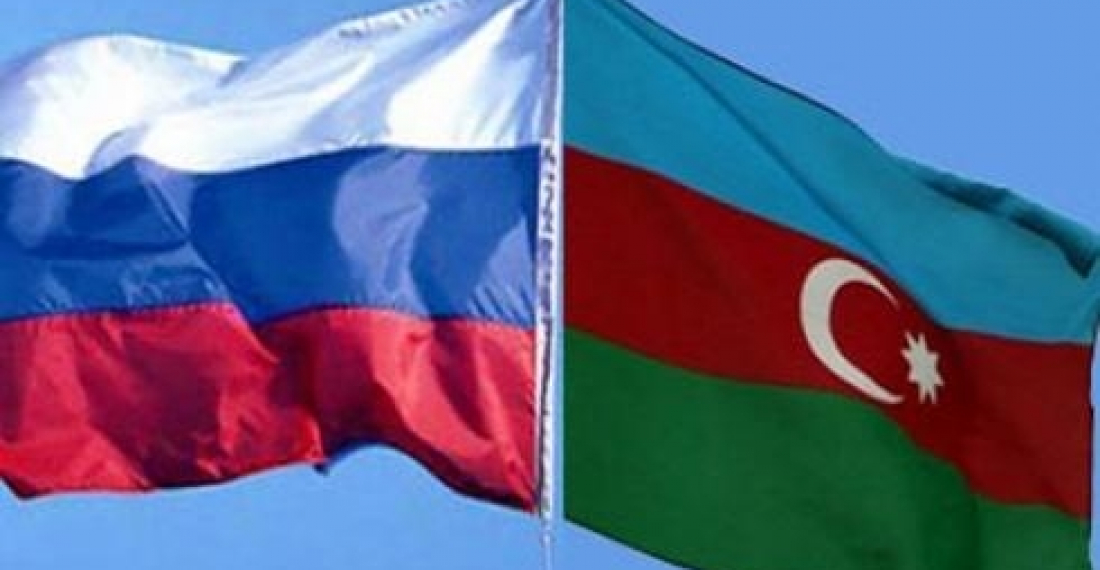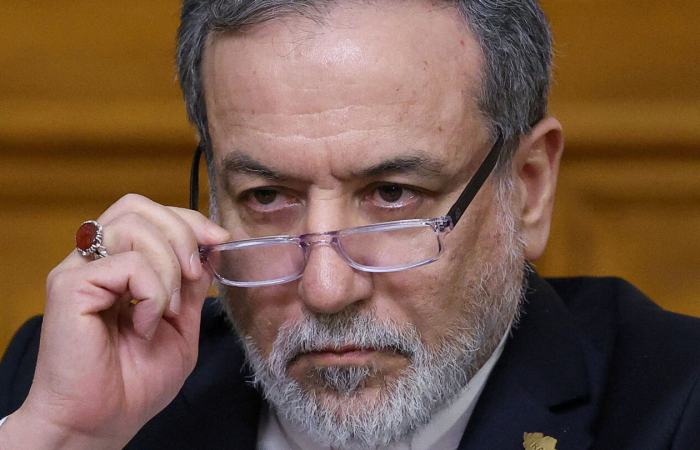Россия отреагировала на официальную ноту протеста, переданную вчера послу России в Баку, заместителем министра иностранных дел Азербайджана. Комментируя встречу пресс-атташе посольства России в Баку, Алина Золотарева, сказала что:
"Действительно, 26 февраля замминистра иностранных дел Азербайджана Махмуд Мамедгулиев встретился с послом Российской Федерации Владимиром Дорохиным. В ходе встречи М.Мамедгулиев выразил обеспокоенность в связи с публикацией в преддверии годовщины Ходжалинских событий на интернет-странице российского информационного агентства "РИА Новости" статьи журналиста Вадима Дубнова "Карабах за 25 лет научился быть непризнанным", - сообщила А.Золотарева агентству "Интерфакс-Азербайджан".
Она отметила, что после обсуждения с Мамедкулиевым, посол пообещал донести позицию азербайджанского министерства по этому вопросу в Москву. По ее словам, посол также отметил, что "не стоит в этой связи ставить под сомнения остающуюся неизменной позицию официальной Москвы относительно Нагорно-Карабахского конфликта".
"Посол также подчеркнул, что статья отражает частное мнение В.Дубнова, которое, как известно, может не совпадать с мнением редакции российского государственного информационного агентства. В.Дорохин также проинформировал М.Мамедгулиева о том, что данный материал снят со страницы официального сайта "РИА Новости", а руководство агентства выясняет обстоятельства случившегося. Посол поддержал позицию М.Мамедгулиева о том, что совместными усилиями необходимо оберегать атмосферу дружеских российско-азербайджанских отношений", - сказала пресс-атташе посольства РФ.
Политический редактор Commonspace.eu в комментарии сообщает:
"Отношения между Россией и Азербайджаном переживают очень чувствительный момент. Каждая из сторон считает, что они были подведены другой стороной. Азербайджан разочарован позицией России по Карабаху, но также Баку обеспокоен тем, что Россия может вмешаться в его внутренние дела в преддверии президентских выборов в октябре. Такое вмешательство может иметь существенный характер, и выйти за рамки заботы о надежности демократического процесса. Со своей стороны, российский истеблишмент сильно раздражен отказом Азербайджана продлевать договор по Габалинской РЛС. Несмотря на то, что радар не имеет большого военного значения, его потеря воспринимается как признак падения престижа России в регионе."
Источник: commonspace.eu по материалам news.az и Интерфакс Азербайджана.







